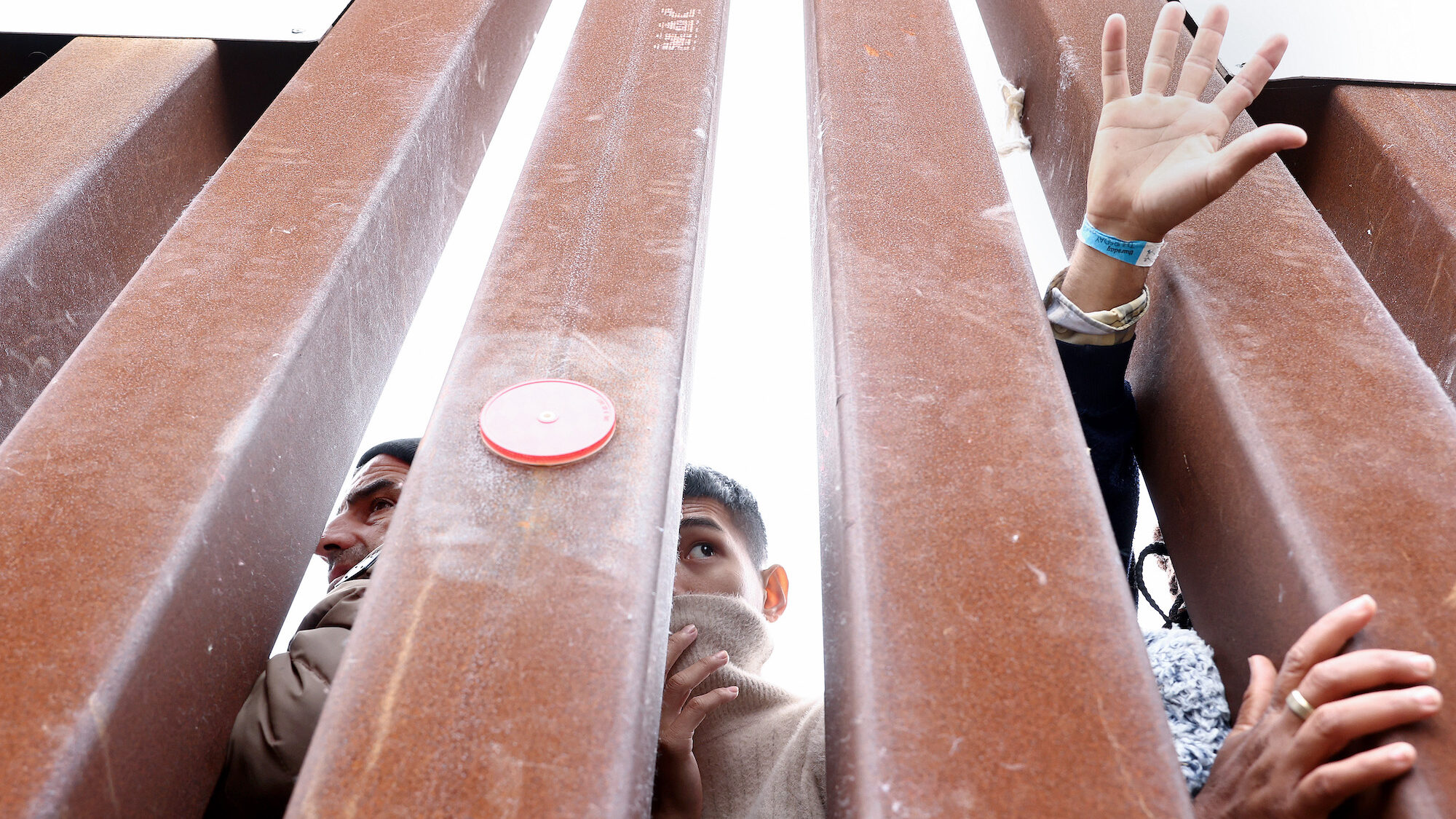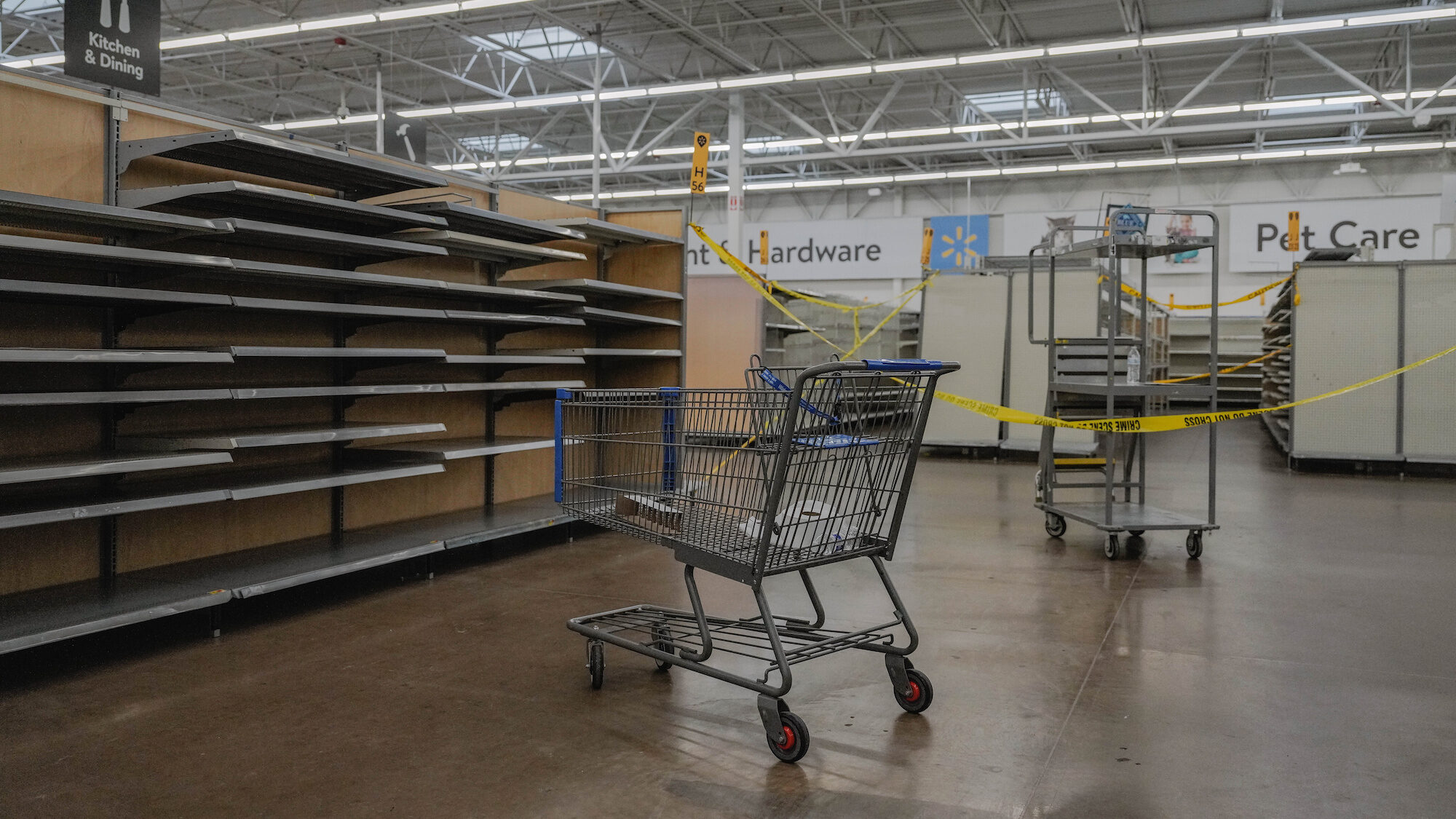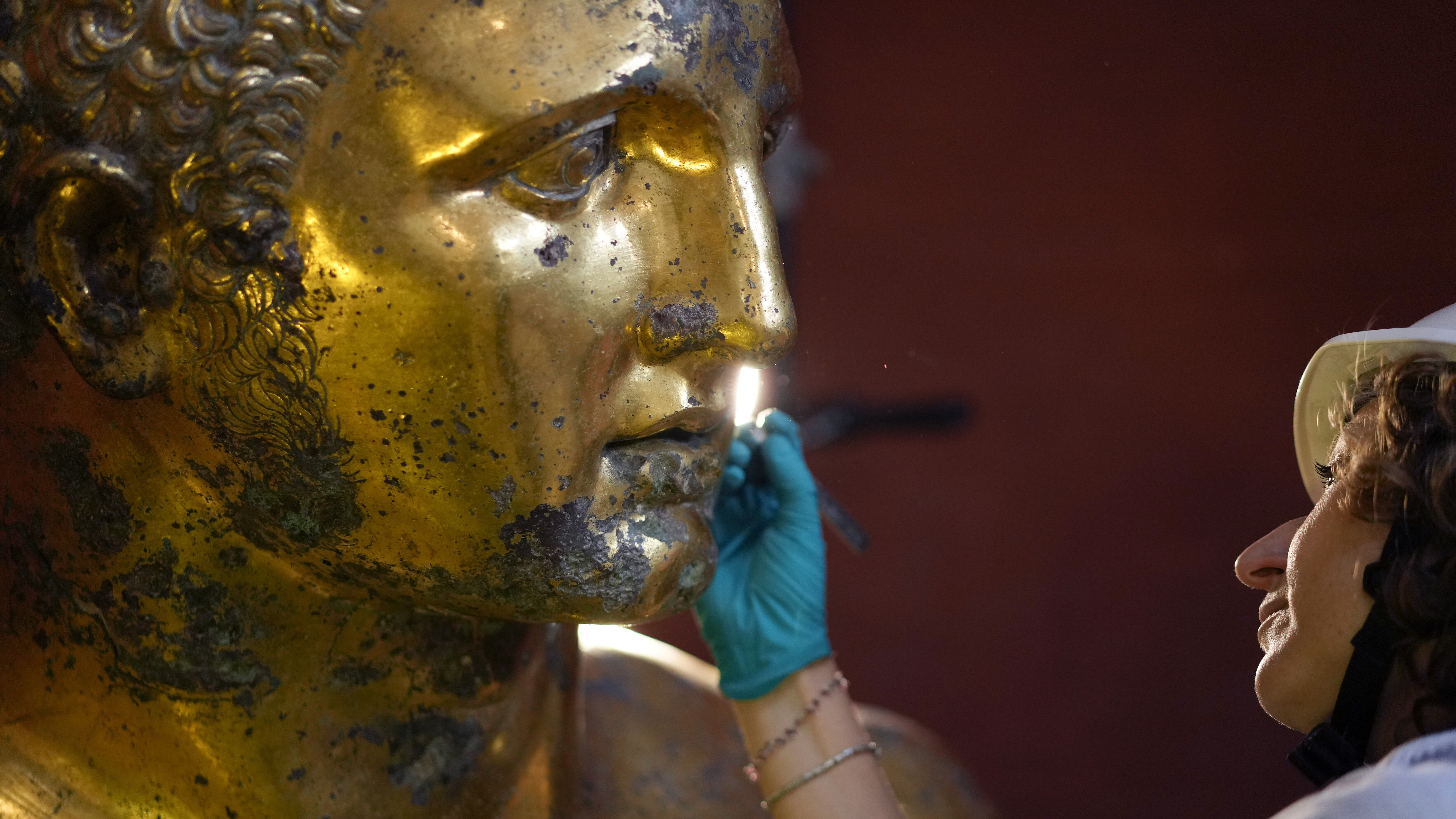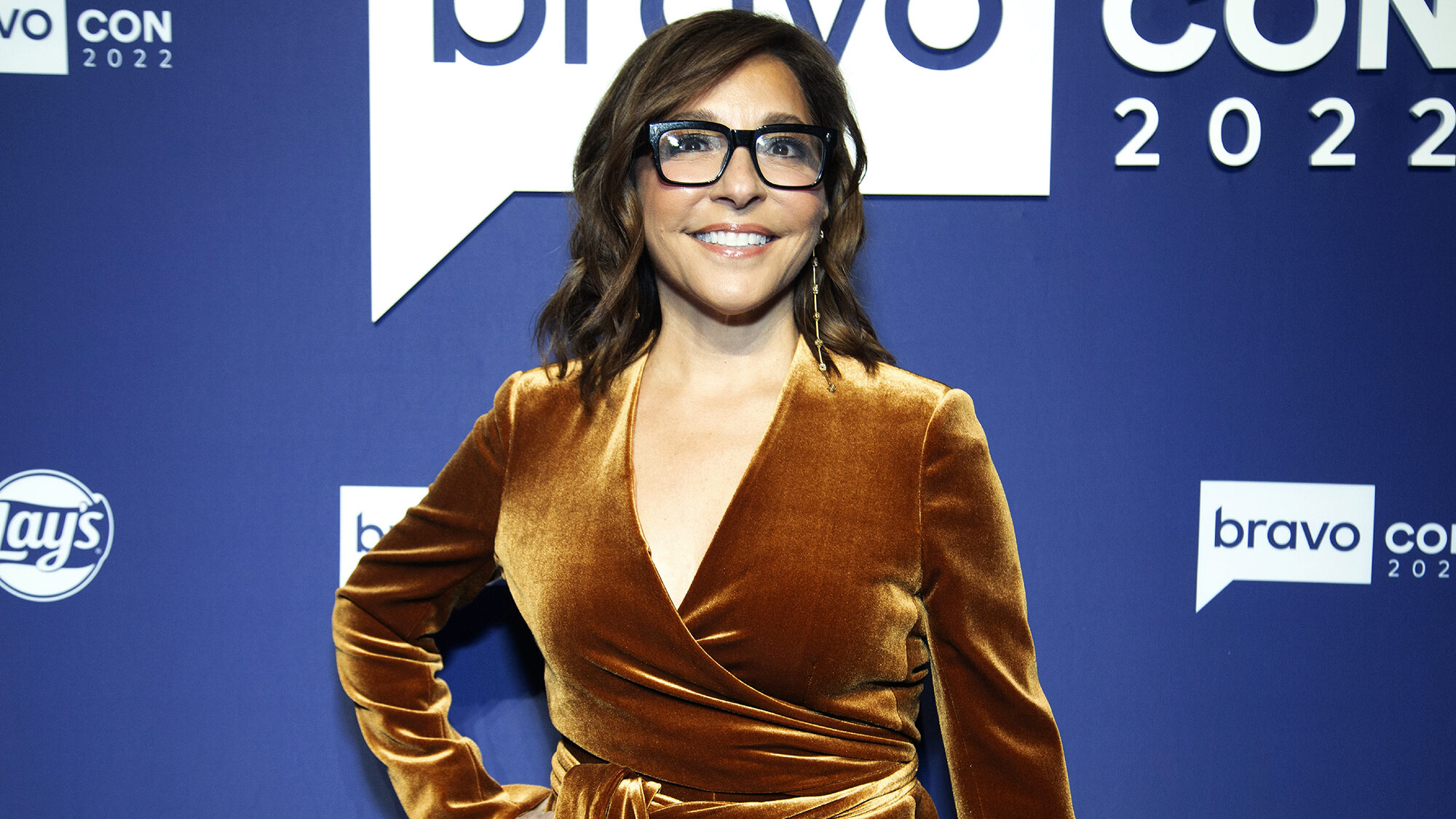CNN
1.3 million Americans with diabetes rationed insulin in the past year, study finds
Oct 18, 2022, 7:35 AM

A person fastens a Becton Dickinson And Co. (BD) needle on a Novo Nordisk Inc. NovoLog brand insulin pen in an arranged photograph taken in the Brooklyn borough of New York, U.S., on Friday, April 5, 2019. Makers of top-selling insulin products will continue to bear the brunt of Congress' drug-pricing efforts in 2019 as diabetes remains a source of frustration to policy makers in both parties. Photographer: Alex Flynn/Bloomberg via Getty Images
(BD)
(CNN) — In December, Stephanie Arceneaux of Utah will have been living with type 1 diabetes for 30 years. She was diagnosed at age 6.
“I have seen a lot of changes within how diabetes is cared for,” she said. “I always thought that as I got older, that things would improve, and unfortunately, that has not been the case.”
Arceneaux’s husband and young son also both have type 1 diabetes. All three of them depend on insulin to survive.
“When I first heard stories about individuals with diabetes rationing their insulin, my initial thought was that is so horrible because I know what it feels like not to have enough insulin in your body. At the same time, I also had this thought, ‘I’m so lucky that I’ve never had to do that,’ ” she said.
“But the more I thought about it, the more I realized that I had spent my entire adult life doing that. I’ve been lucky in that it didn’t cause any serious ramifications that I’m aware of, but I made choices in my life so that I would have the insulin that I needed to live.”
Arceneaux isn’t alone: According to research published Monday in the journal Annals of Internal Medicine, over a million people with diabetes in the US rationed their insulin in the past year.
“The main takeaway is that 1.3 million people rationed insulin the United States, one of the richest countries in the world,” Dr. Adam Gaffney, the lead author of the study and a pulmonologist and critical care doctor at Harvard Medical School and Cambridge Health Alliance, told CNN. “This is a lifesaving drug. Rationing insulin can have life-threatening consequences.”
16.5% of people who use insulin report rationing
Gaffney and his co-authors analyzed the US Centers for Disease Control and Prevention’s 2021 National Health Interview Survey, which included 982 people with diabetes who use insulin. They looked at how commonly these people rationed insulin because of how much it cost.
People were considered to be rationing if they responded positively to questions in the survey about skipping insulin doses, taking less than needed or putting off buying their insulin.
“What we found was that nationwide, about 1.3 million Americans with diabetes rationed insulin annually, and that’s about 16.5% of all those people who use insulin,” Gaffney said.
Some groups said they did so more frequently, such as those with type 1 diabetes; those without health insurance rationed most frequently of all.
Adults under the age of 65 rationed more frequently than those who were 65 and older, with Gaffney noting that almost all of those who were older and rationed less were covered by Medicare.
Two other groups who were more likely to ration insulin than their counterparts were middle-income people and Black Americans.
“We found high rates of rationing of a life-saving drug, and that should really be something of concern for everyone,” Gaffney said.
“We need urgently policy change to ensure that everyone has access to this critical medication without cost barriers,” he said. “And we need to do that today.”
Gaffney and his co-authors said in the study that there are several factors underlying their findings, including that insulin prices in the US are far higher than in other places, and that pharmaceutical companies have increased the price “year upon year, even for products that remain unchanged.”
“By limiting insulin copays to $35 per month under Medicare, the 2022 Inflation Reduction Act may improve insulin access for seniors, who experienced substantial rationing in our study,” they wrote. “However, a similar cap for the privately insured was removed from the bill, and copay caps do not aid the uninsured. Further reform could improve access to insulin for all Americans.”
Rates of diabetes more than double
According to the CDC, more than 37 million adults in the US have diabetes, but 1 in 5 don’t know it. It is the seventh leading cause of death in the country and the No. 1 cause of kidney failure, lower-limb amputations and adult blindness.
The number of adults diagnosed with diabetes has more than doubled in the past year, the CDC said.
Type 1 diabetes is thought to be caused by an autoimmune reaction that stops the body from making insulin. According to the CDC, 5% to 10% of people with diabetes have this kind.
Type 2 diabetes means the body doesn’t use insulin well and can’t keep blood sugar at normal levels. It develops over many years and is usually diagnosed in adults.
Although there’s no known way to prevent type 1 diabetes, type 2 can be prevented or delayed with healthy lifestyle changes, including losing weight and being active.
Food vs. insulin
The choices Arceneaux found herself making in order to ration included not eating — as insulin is needed to cover carbohydrates that a person eats — and rationing things like test strips needed to test her blood sugar, meaning she was unaware of how much insulin she needed to give herself.
She also rationed other care that she needed, she said, and spent a lot of time deciding which medical care was more important for her. She would go to her doctor to get insulin prescriptions, but she wouldn’t do other things that someone with diabetes is supposed to do, such as getting annual eye exams to check for complications like retinopathy.
The cost of insulin plays into her decisions “to a huge extent,” she said.
“If you don’t the have money to buy it, you don’t have the money to buy it,” she said. “So what I found myself doing was doing everything I possibly could, limiting everything I possibly could, so that I could purchase my insulin so that I would have it available.”
When she first moved out on her own, she said, she quickly ran into trouble: She could afford food or insulin but not both. A friend bought groceries to help her through.
“I remember telling her, ‘It’s difficult now. I’m young. I’ve just moved out on my own, but I know that it’s going to be better, you know, in five or 10 years, things are going to get better,’ ” she said. “And here I am. That was when I was 20 years old. I’m now 43, almost 44 years old, and it’s worse now. The costs have skyrocketed.”
She now has insurance through her husband’s employer, but “the cost of the premiums are so high that that leaves very little left over to afford everything that we need.” They often have to rely on donated insulin from other members of the local diabetes community, she said.
Insulin is ‘like oxygen’ for many
The findings of the new study are “so important,” said Dr. Kasia Lipska, an associate professor of medicine at the Yale School of Medicine who sees patients at the Yale Diabetes Center.
“The findings are really concerning in terms of access to insulin among Americans,” said Lipska, who was not involved in the research.
“We have a serious problem. There are many people with diabetes who are rationing insulin, and there are disparities in terms of access, in terms of age, race, income and insurance status,” she said. “I think that this study points to persistent access issues to insulin in our country.”
The findings did not surprise her, she said, but rather back up what she sees in clinical practice. Her own research into a single diabetes center found high rates of insulin rationing.
“We see people in the hospital setting who get admitted to the hospital because of high blood sugars, and then when we sort of ask what happened, turned out that they lack insurance or insurance is inadequate and they couldn’t take their insulin,” Lipska said. “In the outpatient setting, there is not a clinic that goes by where we don’t talk about cost of insulin and figuring out how to get the patient the insulin they need without breaking their budget. These are like daily conversations we have in the Yale Diabetes Center.”
Insulin is “like oxygen” for people with type 1 diabetes, she said, and those who go without can get very sick within hours or days and end up in the hospital with ketoacidosis, a potentially life-threatening complication. It can even be deadly.
Those with type 2 diabetes who don’t have adequate insulin can have high blood sugar levels, putting them at risk for complications such as heart disease, blindness and kidney failure.
‘We’re making sacrifices every day’
“Diabetes is even more expensive now than it was in my 20s,” Arceneaux said. “I know that studies have been done that say that one in four individuals with diabetes ration their insulin, but my guess is that it’s much more than that. We just may not realize that we’re doing it.
“We’re doing what we need to stay alive, and that means getting the insulin that we need,” she said. “So we’re rationing not just our insulin but potentially other things in our life to do that.”
Arceneaux, who is the Utah chapter leader for the nonprofit T1 International, said she hears about rationing all the time.
T1 International is led by people with type 1 diabetes who support local communities, giving them the tools they need to access insulin and diabetes supplies.
“We deserve the same quality of life that everybody else deserves, and we shouldn’t have to sacrifice so much of our lives just to stay alive. That’s what so many of us that have diabetes are doing: We’re making sacrifices every day that others do not, that others don’t even realize,” Arceneaux said.
“I think that’s unacceptable, and it needs to change. And it needs to change now. We’re tired of waiting,” she said. “People with diabetes are tired of waiting. We need a true price cap on insulin, and we need that to happen today so that we can have everything we need to live.”
The-CNN-Wire
™ & © 2022 Cable News Network, Inc., a Warner Bros. Discovery Company. All rights reserved.













